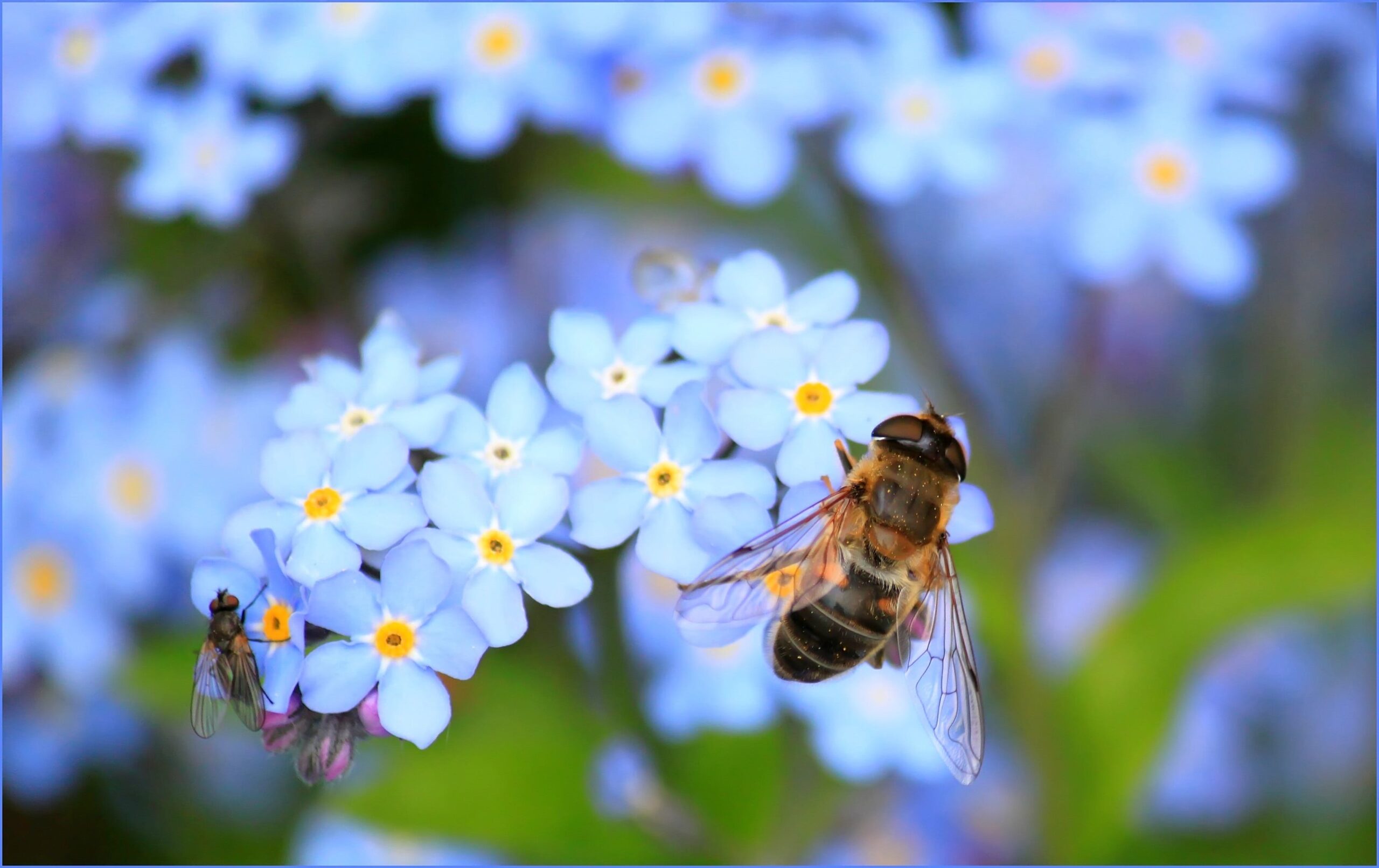Here’s the buzz: Turns out bees and other insects hate pollution — and it affects our food supply

Have you ever watched bees and other critters buzz from bloom to bloom as they collect nectar from flowering plants? It’s both beautiful and fascinating as they busily dart around.
It’s also very important to the plants, which are helped in their pollination process by the intrepid insects. And then to humans, which rely on agriculture stemming from the animals’ activities to produce many varieties of food as well as delicious honey.
MORE ABOUT ANIMALS: Survival Of The Fittest: An Evolution In Climate Science Bears Examination
MORE ABOUT ANIMALS: A Small Island Ponders Its Wind Potential — And Its Birds
And it all depends on scents — the smell of the flowers. Which is where pollution comes in.
Yes, it turns out that the stuff coming out of our factories, power plants and cars can make flowers less attractive to insects, thus reducing the chance of pollination.
The findings come in the journal Science, which on Thursday released a study showing that the airborne pollinators’ sense of smell and attraction to plants they pollinate is affected by malodorous gases in the air.
“We worry a lot about exposure of humans to air pollution, but there’s a whole life system out there that’s also exposed to the same pollutants,” Joel Thornton, an atmospheric chemist at the University of Washington and an author of the new study, told The New York Times. “We’re really just uncovering how deep the impacts of air pollution go.”
In lab experiments, two moth species — the white-lined sphinx and the tobacco hawk moth — struggled to fly to the scent put out by a plant called a pale evening primrose when surrounded by pollution levels typically seen at in cities, with visits dropping by about 70%.
To do this, the researchers used scents extracted from real flowers and combined it with pollutants. They then put the mixture into fake flowers, which they had found attracted moths when emitting the pure scent.
“The chemical environment is playing a really profound role in shaping these ecological communities,” Jeff Riffell, another scientist on the University of Washington team, told the outlet.
Another reason to stamp out pollution.
More from ClimateCrisis 247
- Climate Fake News Penalties May Cost Billions
- Private Jet Emissions The Same As 177 Cars
- Fight To Save Climate Is Falling Apart
- Bottle Caps Spread Microplastics To Humans






